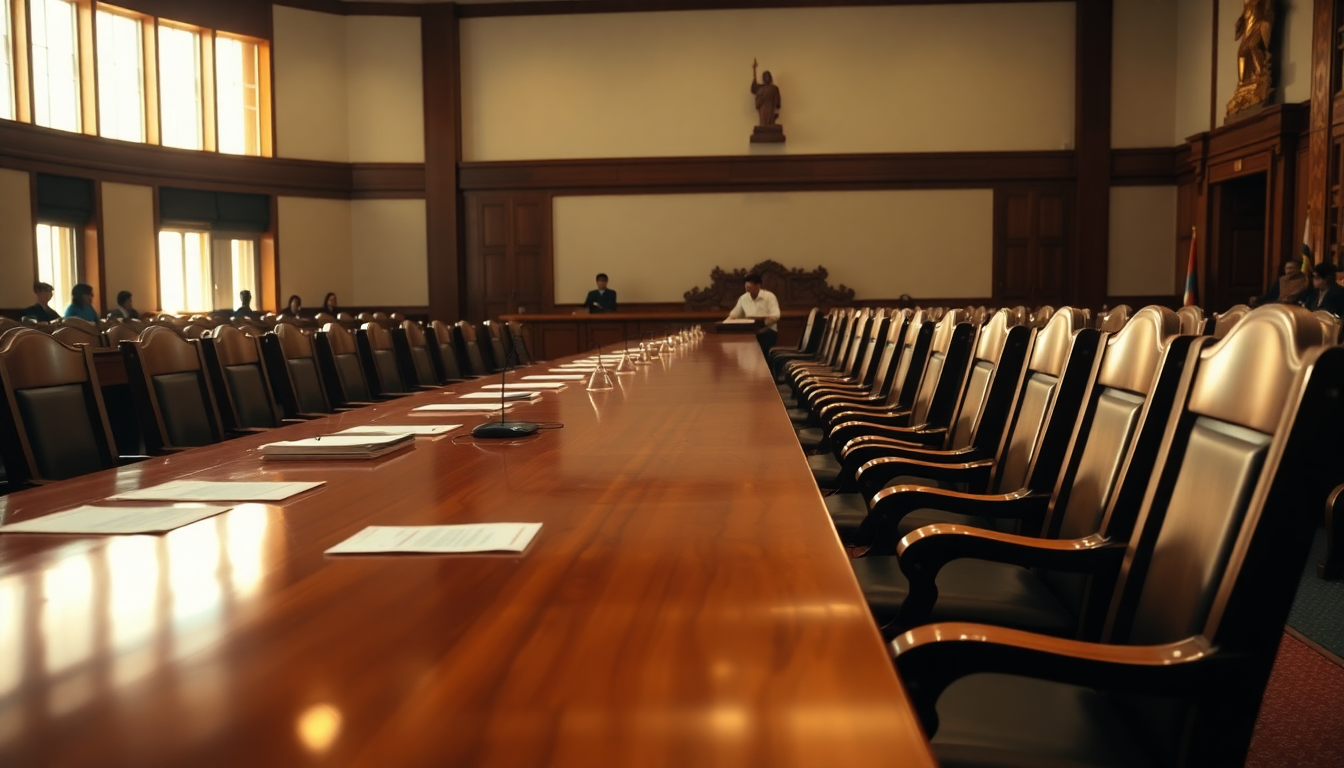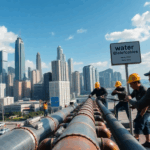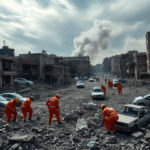Table of Contents
In a surprising turn of events, the Cambodian National Assembly has passed a new law that’s raising eyebrows among human rights advocates. With all 120 lawmakers, including Prime Minister Hun Manet, voting in favor, this legislation could significantly reshape the landscape for political dissent and activism in the country.
But what does this mean for the future of freedom of speech in Cambodia?
Overview of the Legislative Climate
The Cambodian government has long been under fire for its use of strict laws aimed at silencing opposition voices and stifling real political dialogue.
This latest law, described by many as being worryingly vague, could be interpreted in ways that might lead to serious misuse. Human rights organizations are sounding the alarm, fearing this legislation will create a chilling effect on free expression across Cambodia, limiting citizens’ ability to voice dissent or engage in political discussions.
A coalition of 50 rights groups has raised red flags about the ambiguous language in this law, which they believe presents an unacceptable risk of abuse. Activists are particularly concerned that it could be weaponized against individuals based on their ethnic backgrounds, political beliefs, or activism methods.
The fear that the government could arbitrarily decide who qualifies as a “legitimate” citizen is particularly alarming, as it undermines the core principles of democratic engagement.
Historical Context and Recent Trends
Political repression in Cambodia is sadly nothing new. Over the years, various laws have been introduced that critics argue disproportionately impact civil liberties.
The country’s recent history has been marred by severe crackdowns on dissent, especially during election periods, when opposition parties face substantial hurdles. This new legislation seems to fit into a worrying trend of rising authoritarianism, raising alarms among both local and international observers.
Moreover, the government’s tightening grip on power and media has fostered an environment where fear stifles free expression. With the enactment of this law, tensions could escalate further, forcing activists and journalists to retreat into the shadows as they navigate an increasingly hostile environment. It begs the question: how can free speech survive in such conditions?
Potential Consequences and the Path Forward
The implications of this legislation could be profound. Rights advocates warn that the law might not only silence dissenting voices but also deter public participation in political processes. Citizens could find themselves hesitant to engage in activism or share their thoughts, fearing reprisal. This could lead to a disengaged population that feels powerless to make a difference—what a disheartening prospect!
As we look ahead, it’s crucial for both local and international communities to stay alert and advocate for human rights in Cambodia. Continuous monitoring of how this law is implemented and its effects on free speech is essential. Support for civil society organizations can also play a vital role in providing a platform for dissent and fostering important conversations around human rights issues.
In conclusion, while the Cambodian government may argue that such legislation is necessary for maintaining order, we can’t ignore the potential for abuse. A transparent and accountable government should prioritize the rights of its citizens, ensuring that the freedom of speech is not just upheld but celebrated. So, what can we do to support these efforts and stand up for those whose voices are at risk of being silenced?





